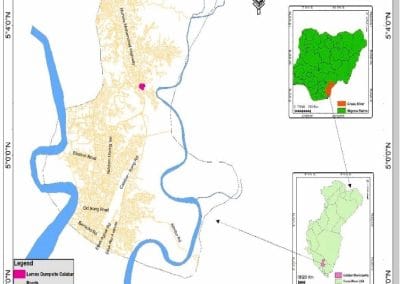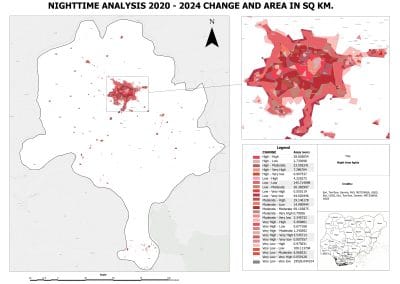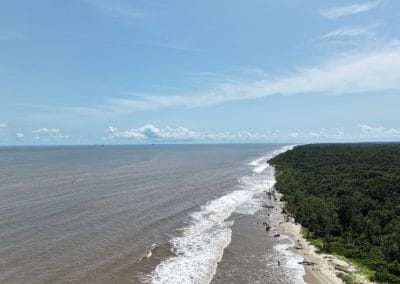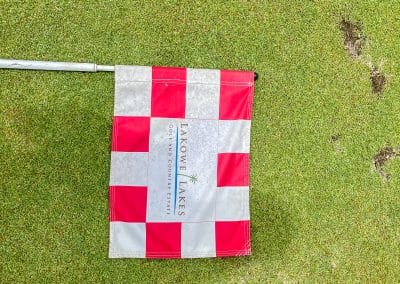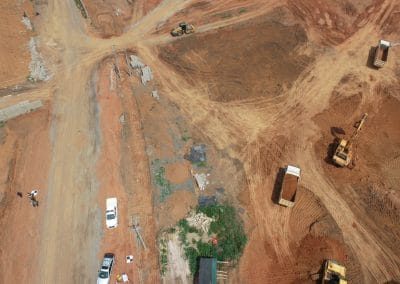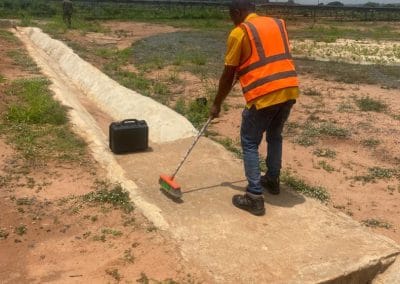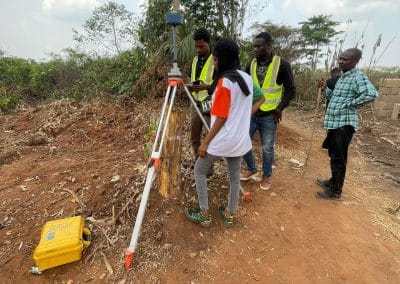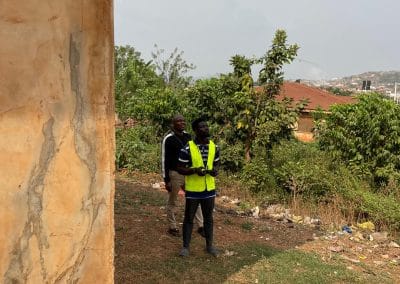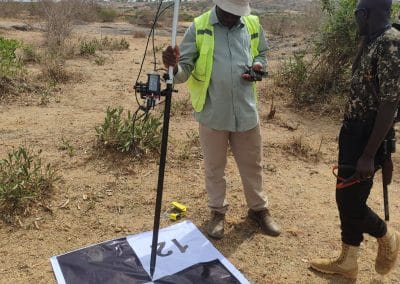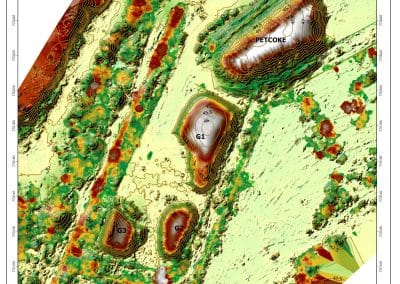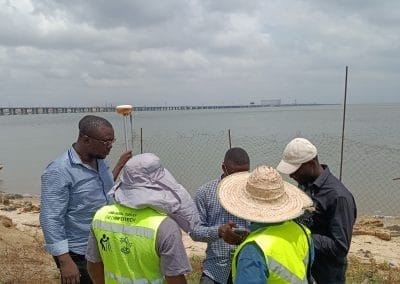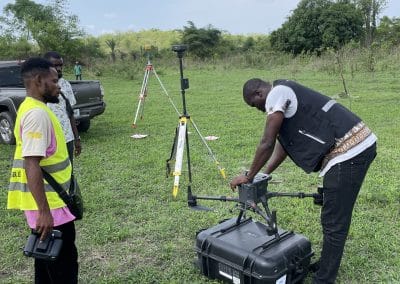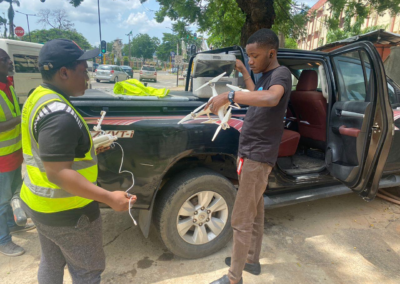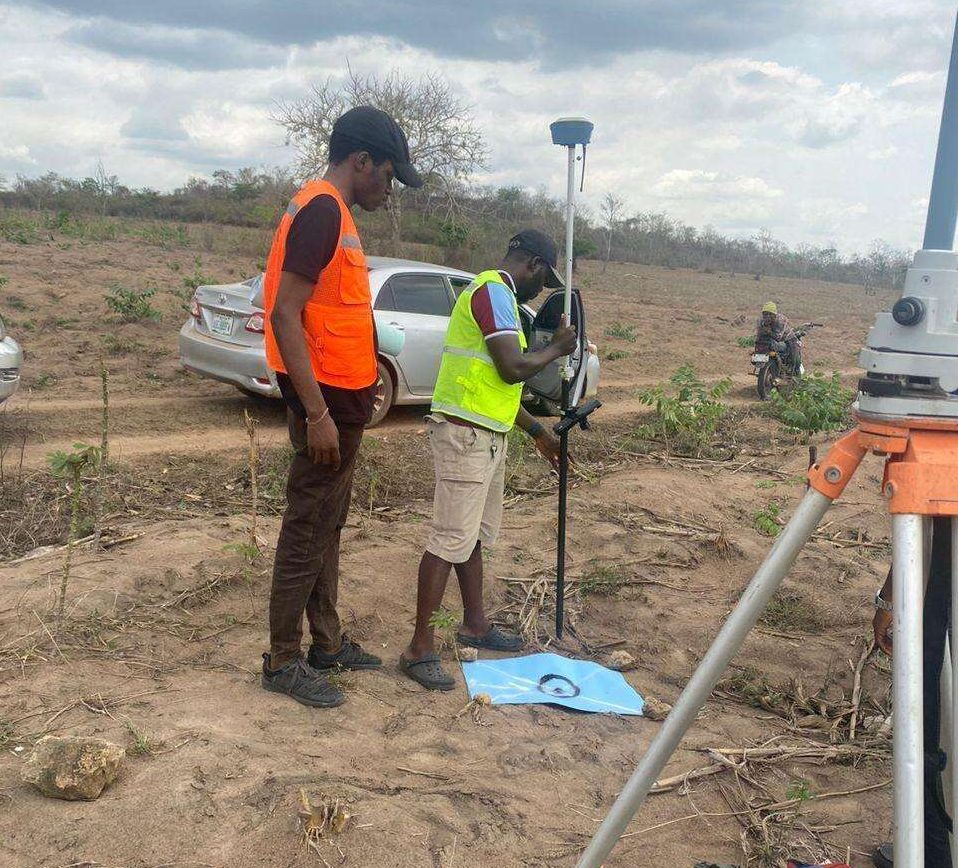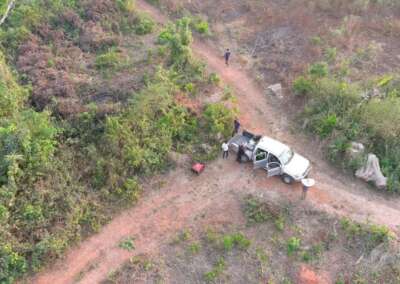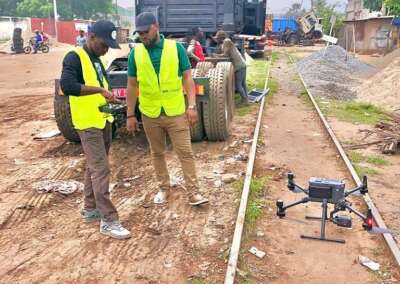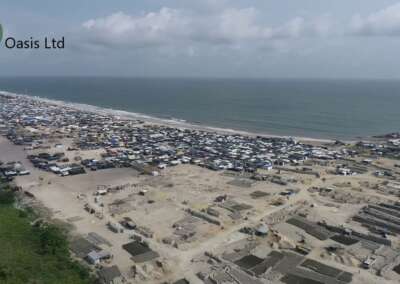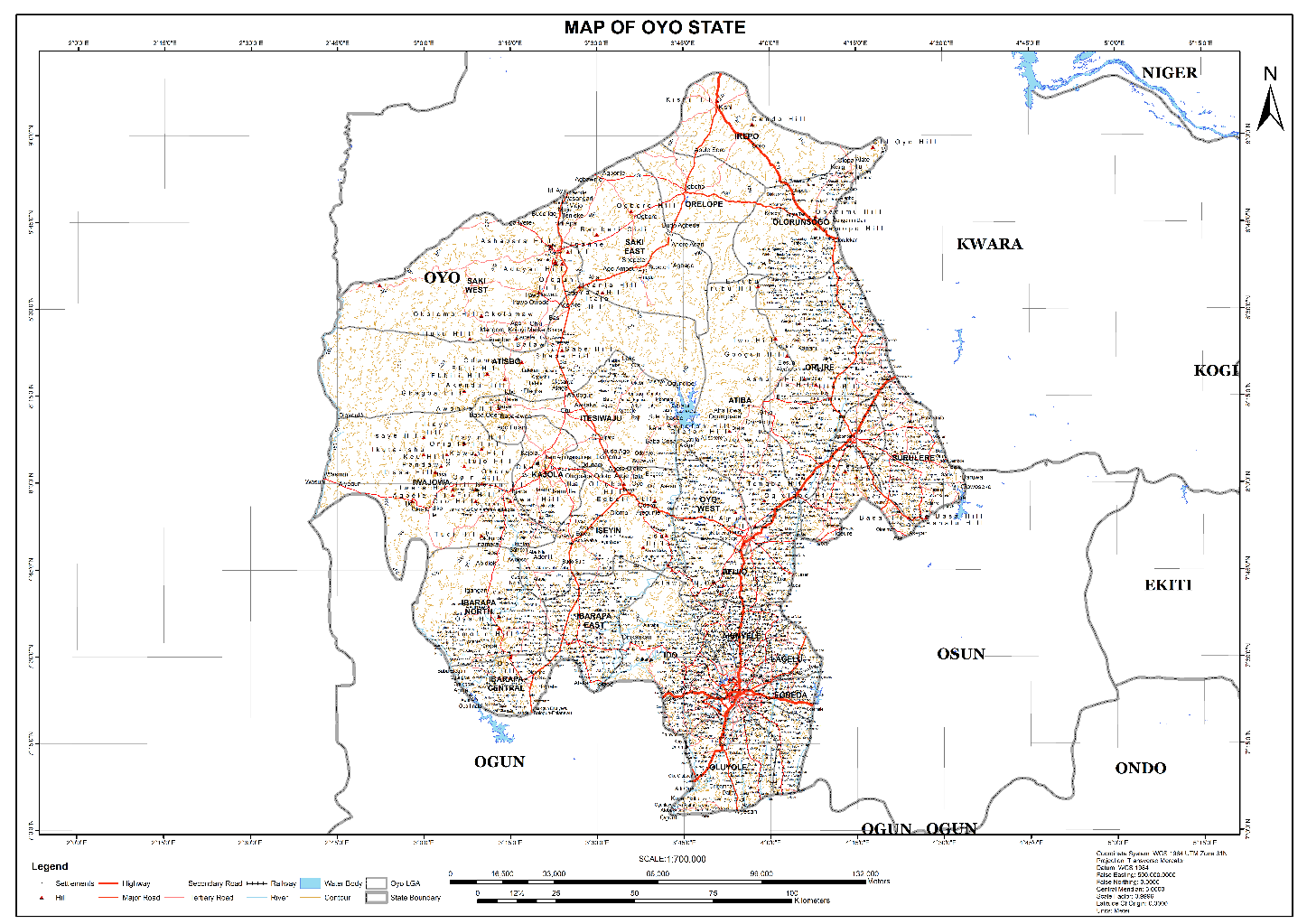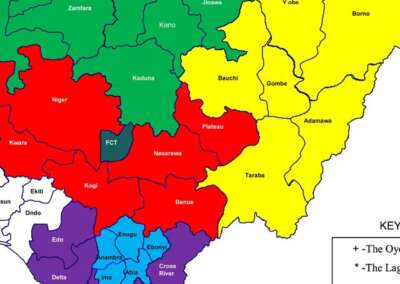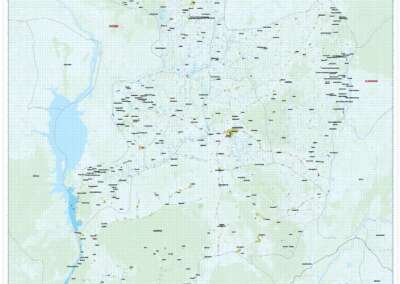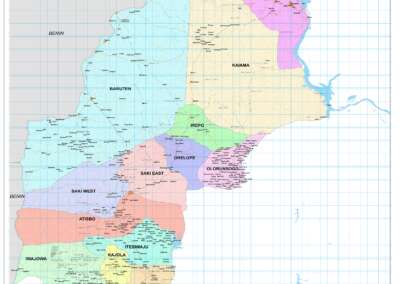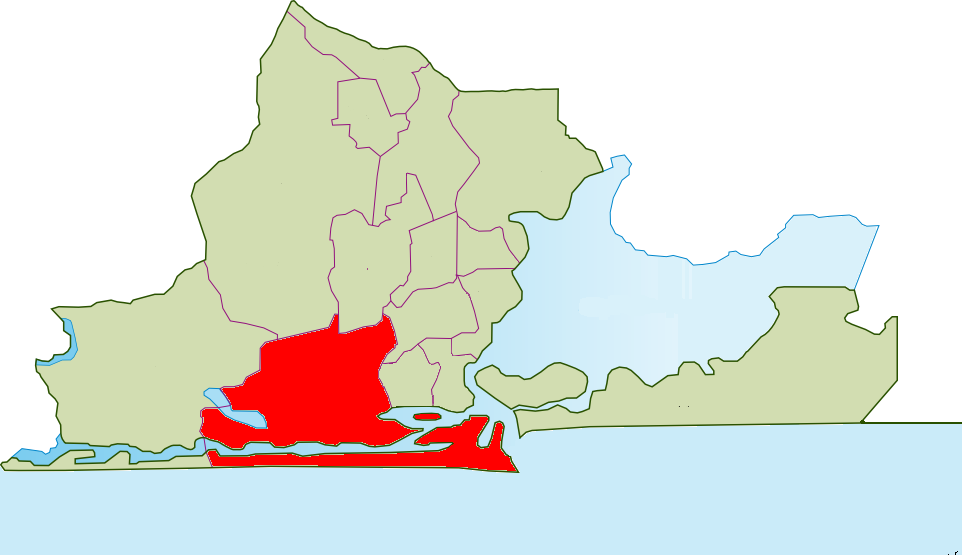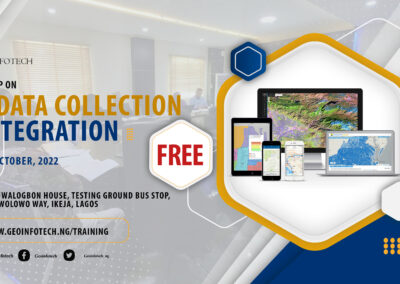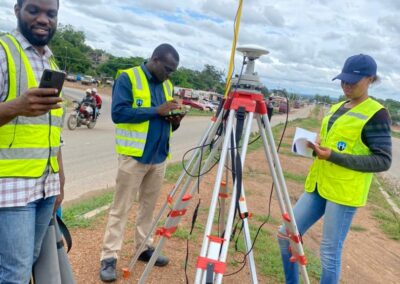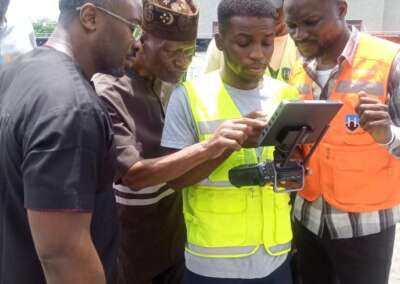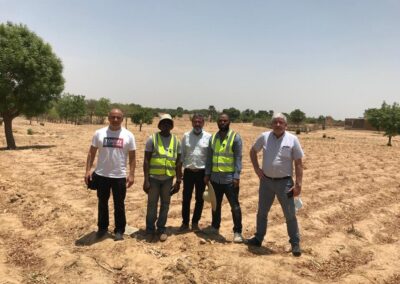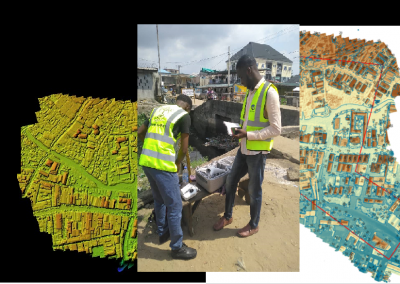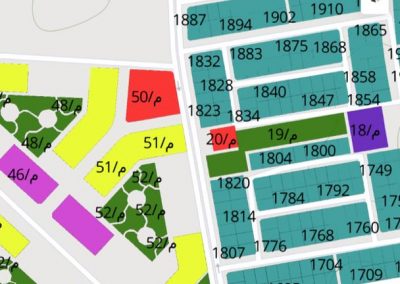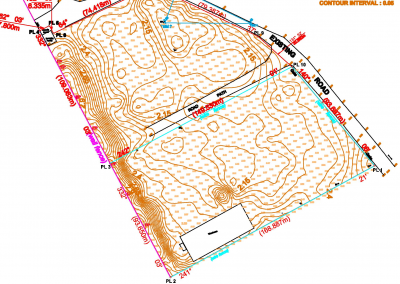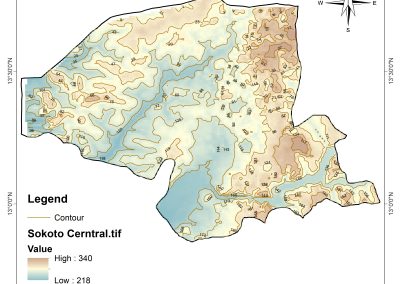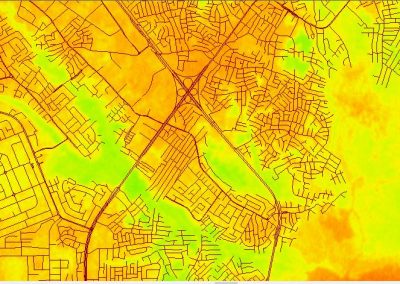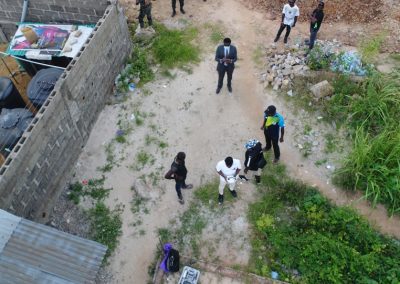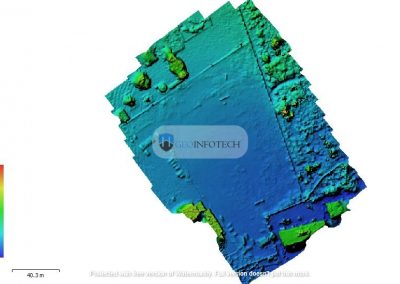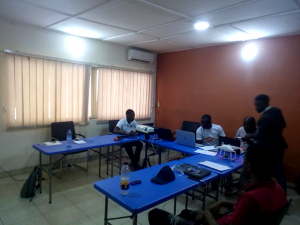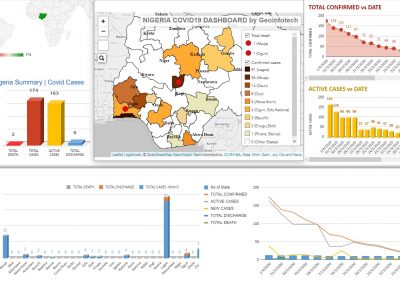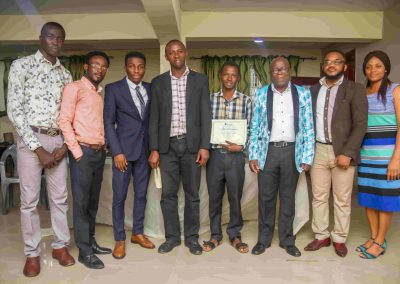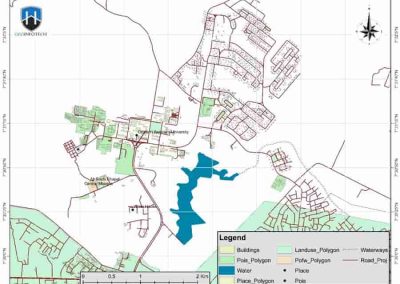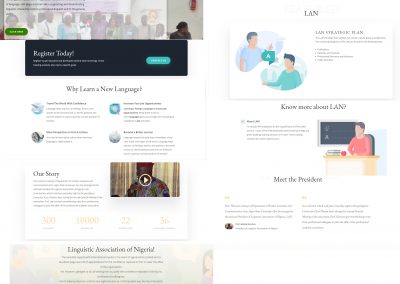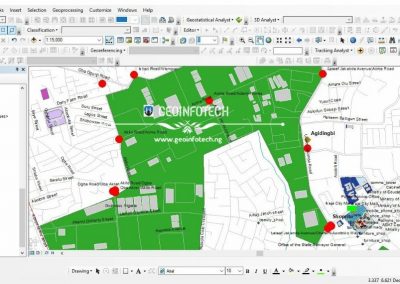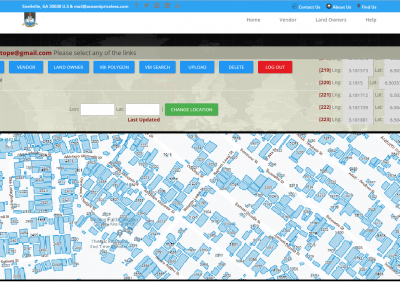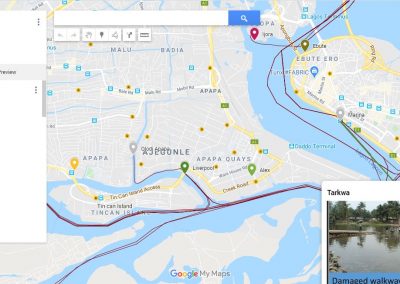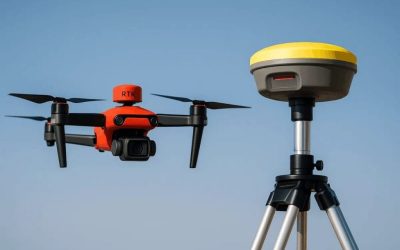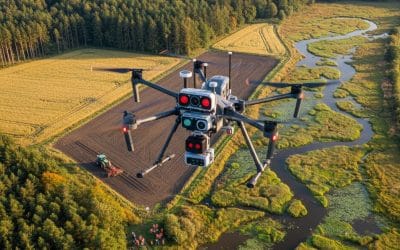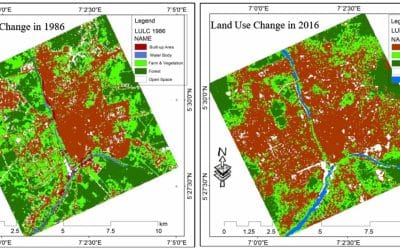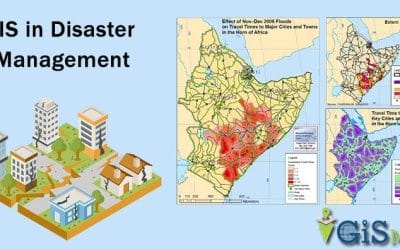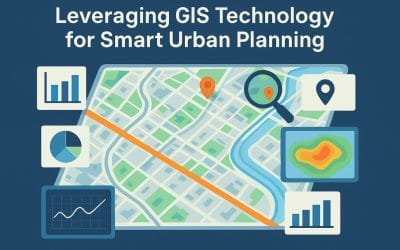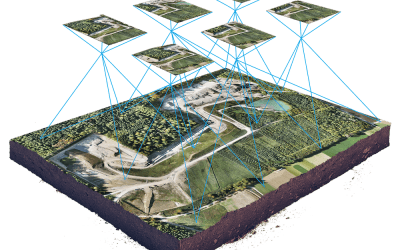Ibeju Lekki Lagos State
IBEJU LEKKI Local Government Area is situated between longitudes 3o44’0″ and 4o10’0″N and latitudes 6o25’0″ and 6o38’0″E in Tropical Southwestern Nigeria.
The area covers approximately 646 Km2 about 25% of the total landmass of Lagos State with a population of 117,793 consisting of 60,729 males and 57,064 females (NPC, 2006).
See the trends of different Land covers in Ibeju Lekki, How Development is reducing Vegetation and other land covers
LANDUSE LANDCOVER TREND
We have examined the landcover within Ibeju Lekki LGA, Lagos State between 1986 to 2019. The massive changes over time show forest as the largest landcover 40% in 1986 and 37% in 2002 while the built-up dominated the area with 32% in 2019.
Ibeju Lekki is an indication of a rising trend and built up shows a highly dynamic environment as a result of urban growth trend which is primarily driven by changes in bare surface, forest, waterbody, wetland, and grass. Ibeju Lekki Tourist Attraction and unexploited lifestyle are endowed with beautiful lagoons and gorgeous views as it is known to be the best place in Lagos State. This has attracted more zeal for the development and vast migration of people from different parts of the country. The implication of rapid land cover transition in Ibeju Lekki could include a threat to biodiversity, sustainable urban planning, management, high increase activities in sand filling, and deforestation.
It was also observed that the future trend of Ibeju Lekki was dominated by built-up with 36% in 2035, based on its current trend and the water areas are diminishing which are being replaced by built up.
2035 development trend. Built-up increased
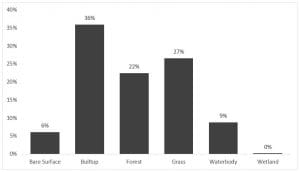
This provides necessary insights for developing sustainable strategies for imbalance urban pattern, planning, administration and governance. Most water bodies within Ibeju Lekki are sand-filled because of this massive want for land. Buildings might fail to stand strong because of its foundation in which it is built upon as this could result in disaster. The existence of a highly dynamic environment in Ibeju Lekki could be a result of a rapidly growing urban population.
More About Ibeju Lekki
Ibeju Lekki encompasses 59 communities which are divided into 6 wards by a vast number of residential and industrial estates which amounts to different infrastructural and geographical developments such as real estates, construction of roads, recreation centers and industrial sites (Adebisi et al., 2016).
The major local economy of Ibeju Lekki is based predominantly on fishing, with other major socioeconomic activities being hospitality, ecotourism, and housing development (Adedire and Adegbile, 2018).





